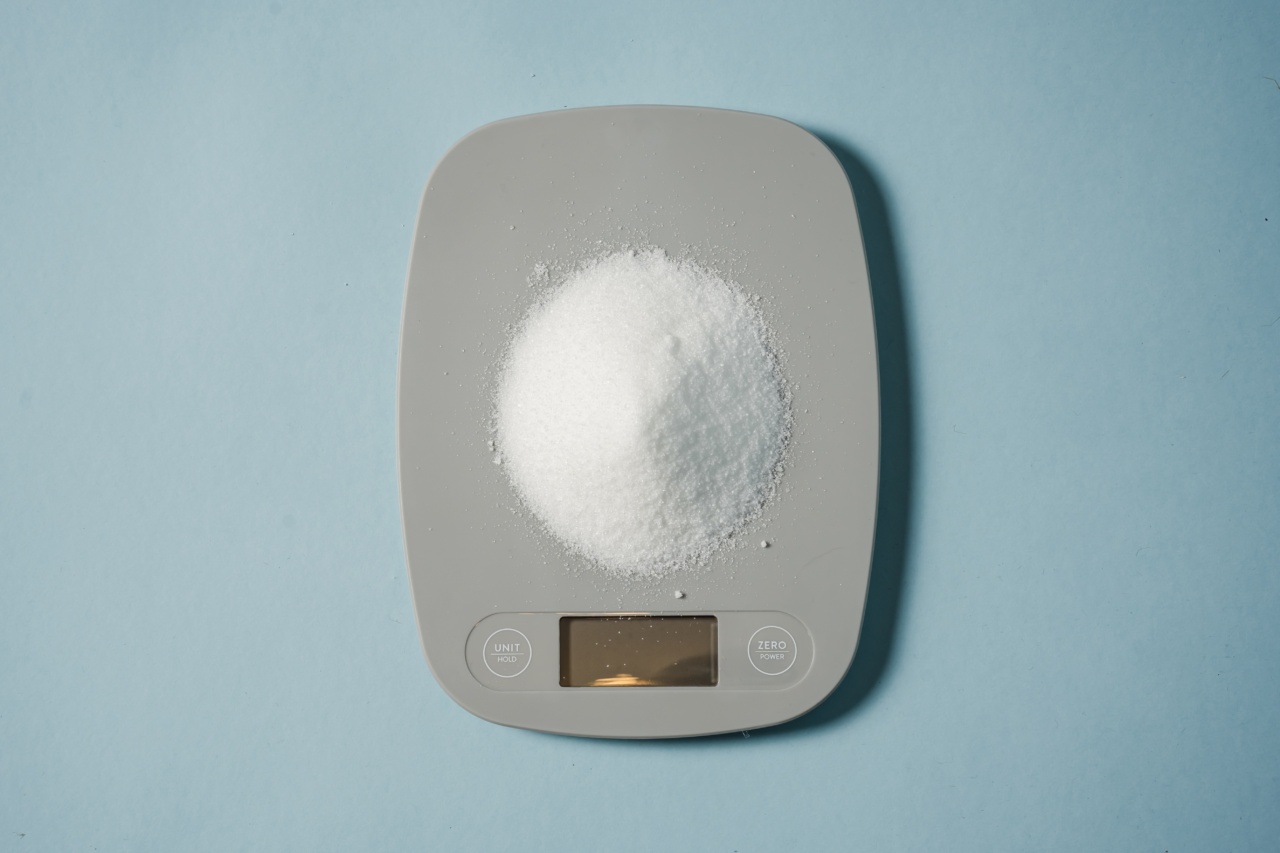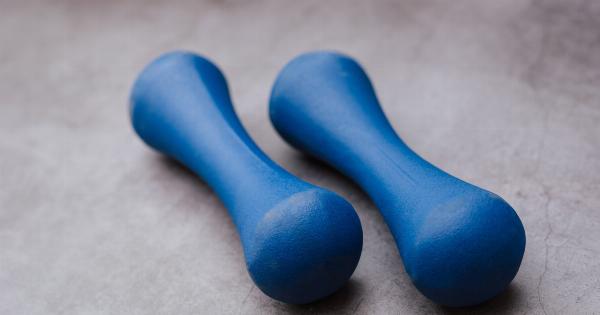Losing weight can be a difficult journey, especially when it comes to counting calories. It can be overwhelming to constantly think about every single piece of food that goes into your mouth.
However, there is a better way to lose weight without having to count every calorie that you consume. Here are some tips for losing weight without counting calories:.
1. Focus on whole foods
Eating whole foods such as fruits, vegetables, meats and whole grains is of great benefit when compared to processed foods.
These types of foods are usually less processed, and therefore they contain more nutrients, vitamins and minerals that you need for good health. Whole foods also tend to be more filling and can keep you satisfied for longer periods of time, while avoiding the constant cravings for processed snacks.
2. Drink plenty of water
Drinking water helps flush out toxins from your body and keeps you hydrated. Often times dehydration can simulate feelings of hunger and lead to overeating since they feel as though they are hungry.
Water, before meals particularly, helps you feel fuller and reduce the amount of food you eat.
3. Consider portion sizes
Focusing on the size of your portions is one way to reduce your overall calorie intake without having to count every calorie you consume.
Simply use smaller bowls and plates, and measure your portions with your hands or other visual measures for accuracy. This practice is a simple but effective way of limiting your food intake, thus helping to keep your weight in check.
4. Avoid sugary drinks
Sugary drinks such as soda, juices and energy drinks are often loaded with calories that can easily contribute to weight gain. Instead, focus on drinking water, herbal teas, and other low-calorie drinks that can help you stay hydrated.
These drinks also tend to be more satisfying and can help reduce your cravings for sugary drinks.
5. Make sure you get enough sleep
Interestingly, Lack of sleep or poor quality sleep has been linked to weight gain over time. This may be due to changes in hormones that affect appetite, metabolism, and food intake.
Research reveals that people who are sleep-deprived tend to eat more and consume more calories compared to those who get adequate sleep. Aim for at least 7-8 hours of sleep every night, try to eliminate distractions before sleep and create a bedtime routine if it helps.
6. Seek Professional Guidance
If you’ve been struggling with weight loss, it may be helpful to seek professional guidance from a registered dietician or a nutritionist to help create a diet plan that meets your specific needs and goals.
They can also offer practical advice on how to incorporate healthy habits into your daily routine, which can make weight loss feel less daunting.
7. Incorporate more Physical Activity
Physical activity plays a key role in weight loss because it burns extra calories, which your body then uses for energy.
As a result, incorporating more exercise, even moderate, into your daily routine can help you burn more calories and ultimately lose weight. Start small with activities like walking, cleaning and stretching to increase your daily amounts. Gradually add 15 mins until you reach 30 minutes of moderate activities every day.
8. Avoid stress-eating
Stress can cause one to turn to food for comfort or solace. This often leads to overeating and complications with metabolism.
To combat stress, it may be helpful to engage in activities such as meditation or other relaxation techniques, such as yoga, deep breathing Techniques, and listening to relaxing music. This practice will help to stay calm and focused, thereby reducing the risk of stress-driven overeating.
9. Eat Slowly
Eating slowly allows you to feel fuller more quickly, reducing the risk of overeating. It takes about 20 minutes for the brain to realize that the body is full.
Eating slowly also helps enhance taste sensation, enjoying the flavors, and acknowledging with mindfulness the times within which it takes you to feel full.
10. Be Consistent
Consistency is key when it comes to achieving any goal. The same applies to weight loss. Sticking with healthy habits like eating whole foods, good sleep, and physical activity over time is essential for losing weight and keeping it off.
Create a schedule and include your healthy habits accordingly. Consistency is a significant part of weight loss and maintenance.






























